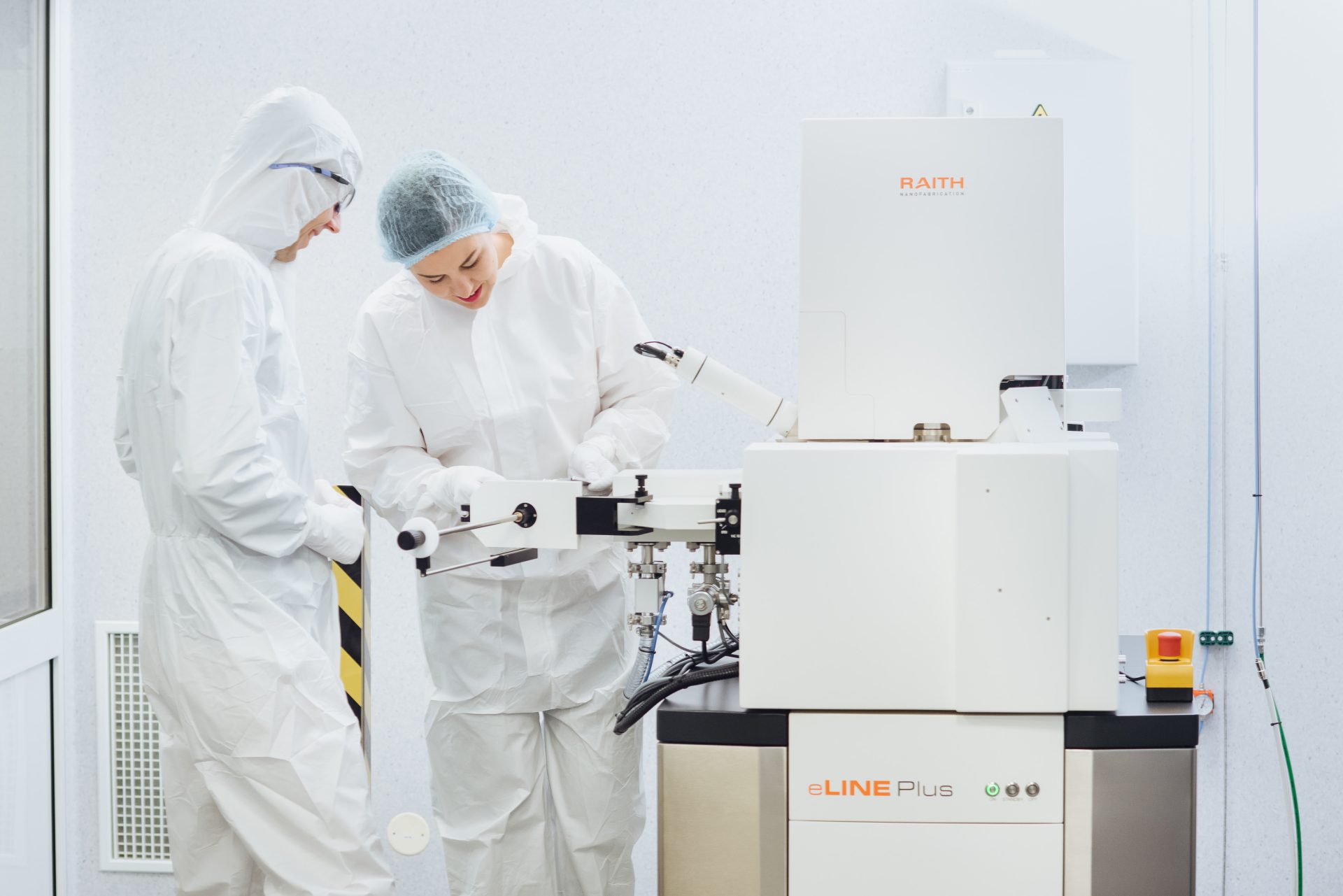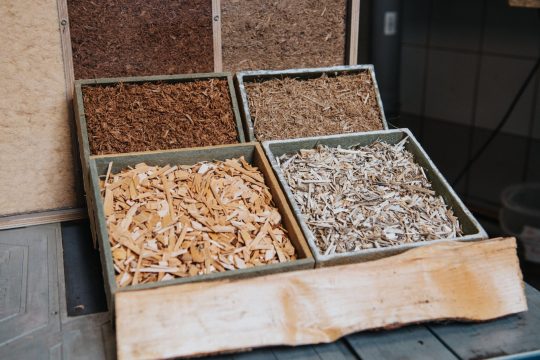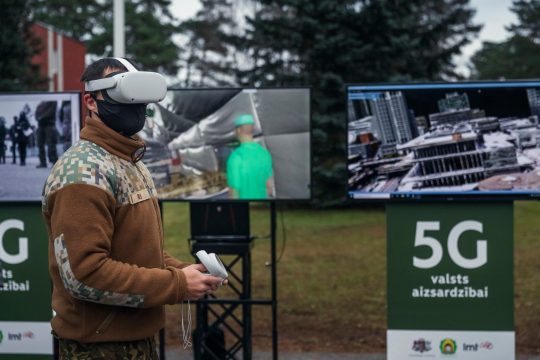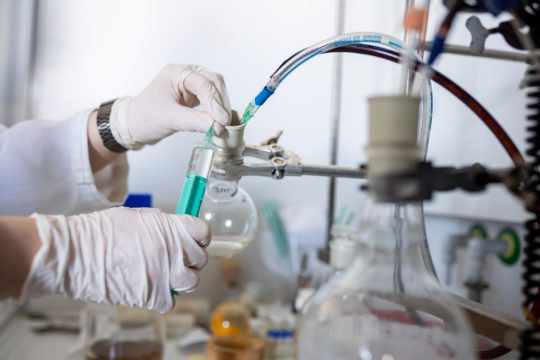When it comes to smart materials and photonics, Latvia has become a globally recognized R&D hub. Our competitive advantage is rooted in efficient collaboration between academia, science, and industry.
Smart materials & photonics

© Institute of Solid State Physics
Top research institutions & partners
-
An internationally recognized leader in material sciences and interdisciplinary research. It cooperates with 100+ scientific institutions around the world. The institute runs a platform called Materize – a one-stop solution to link business and science.
Research areas:
- Theoretical and experimental studies of materials structure and properties
- Nanotechnology, thin films, nanomaterials, and ceramics
- Functional materials for photonics, sensorics, and electronics
- Materials for energy harvesting and storage
-
The institute brings together researchers for interdisciplinary studies of physics, chemistry, and materials science, as well as for collaboration with industry to develop new technologies.
Research areas:
- Nanotechnologies and nanostructured materials
- Radiation processes
-
An internationally recognized scientific institute focusing on fundamental and applied research in a number of areas, as well as develops new optical methods and devices for applications in industry, medicine, and environmental monitoring.
Research areas:
- Atomic physics
- Spectroscopy
- Photonics
- Quantum physics
- Functional nanomaterials
-
The Faculty of Materials Science and Applied Chemistry is one of the leading units at Riga Technical University in terms of advanced scientific qualification, research infrastructure, scientific achievements, and student research activity.
Research areas:
- Nanofibers, nanoparticles, nanocomposites & nanocoatings
- Synthesis of materials for electronics, photonics, optoelectronics & more
- Innovative biomaterials
- Alternative, renewable and mixed fuels
- Ecological solutions in chemistry
- And more
-
A non-profit organization that carries out R&D activities in the field of wood science and technologies. It’s the leading institute in the Baltics in the field of polyurethane (PU).
Research areas:
- Wood materials with improved properties for construction
- Bio-refinery as a method of obtaining chemical compounds and final products
- Green chemical products and polymers



